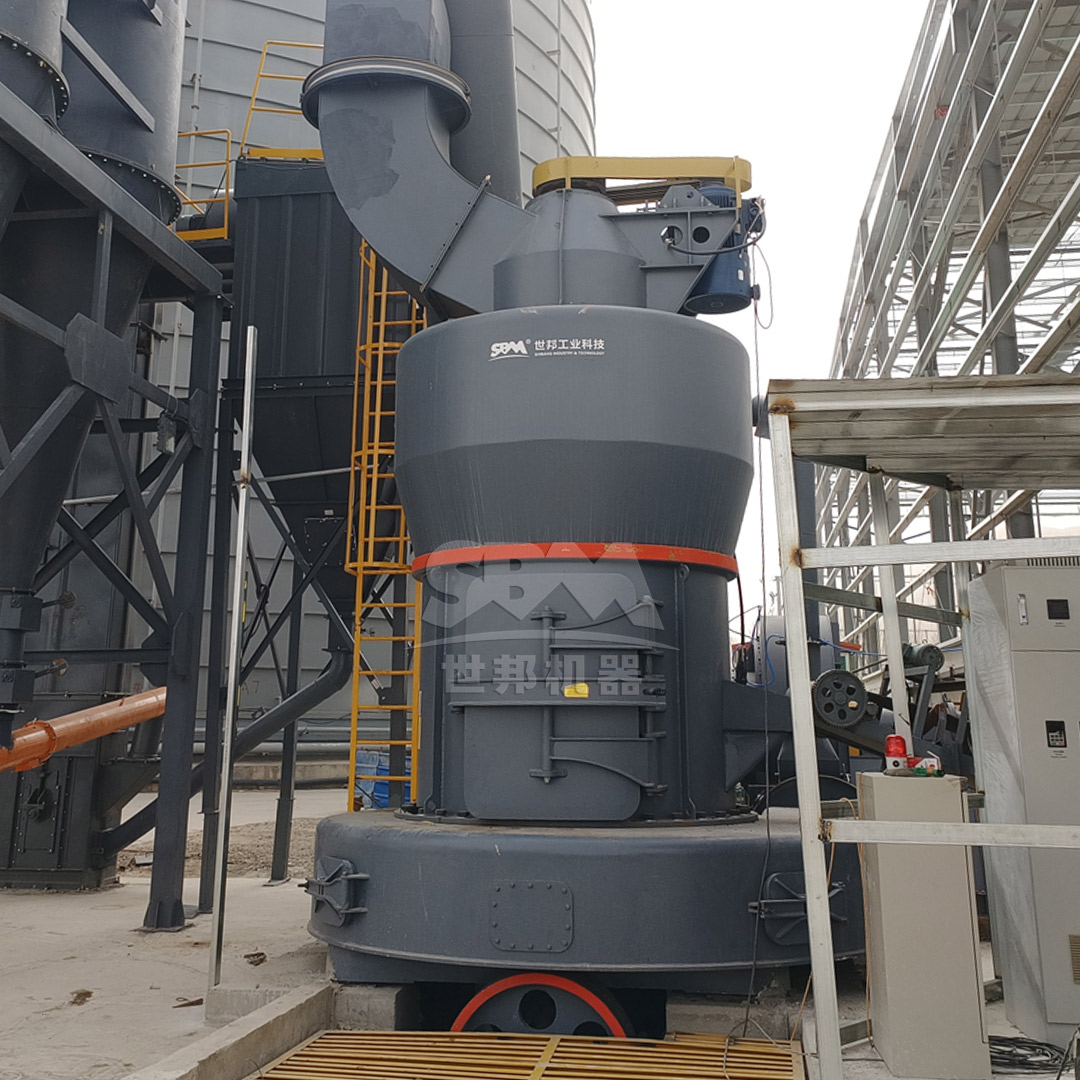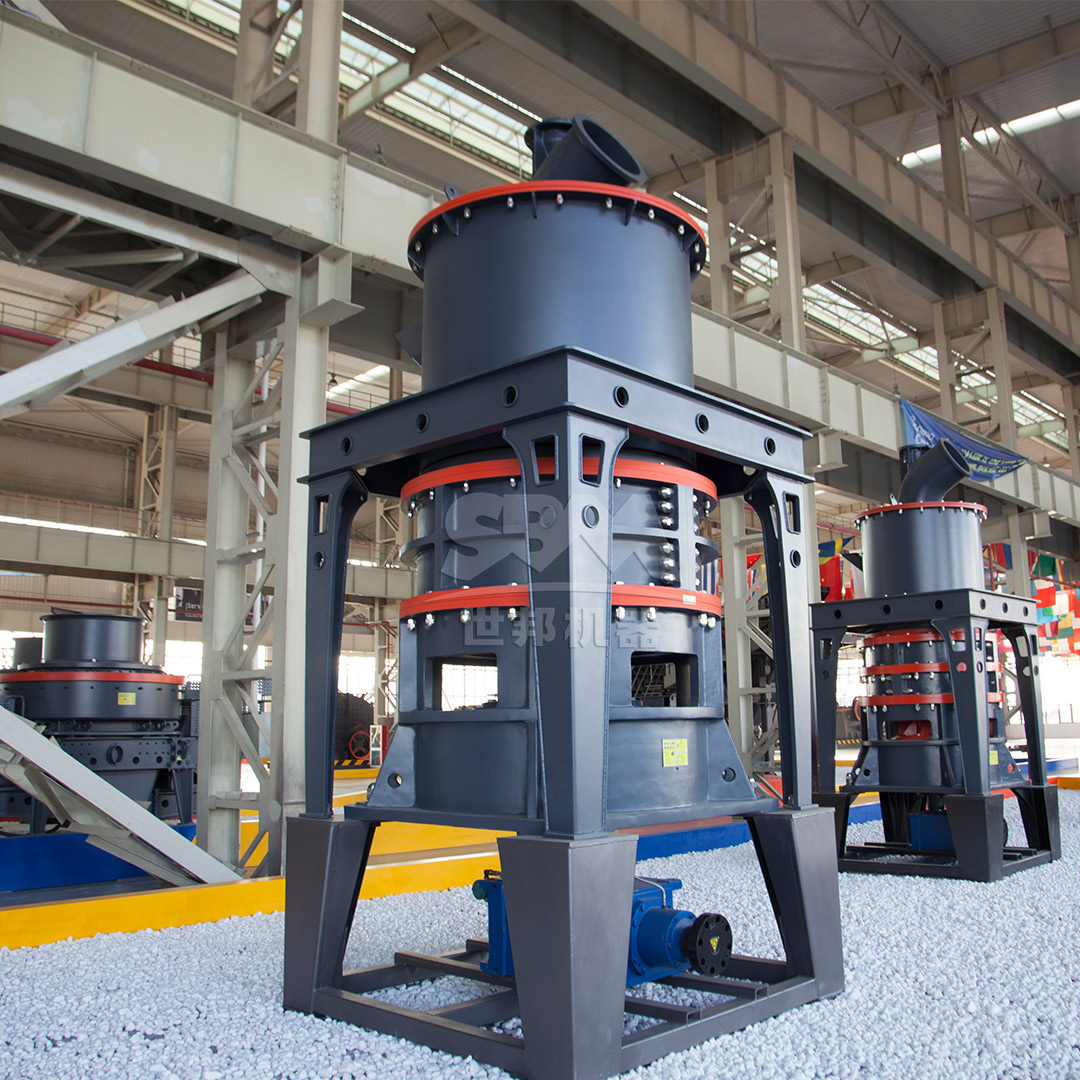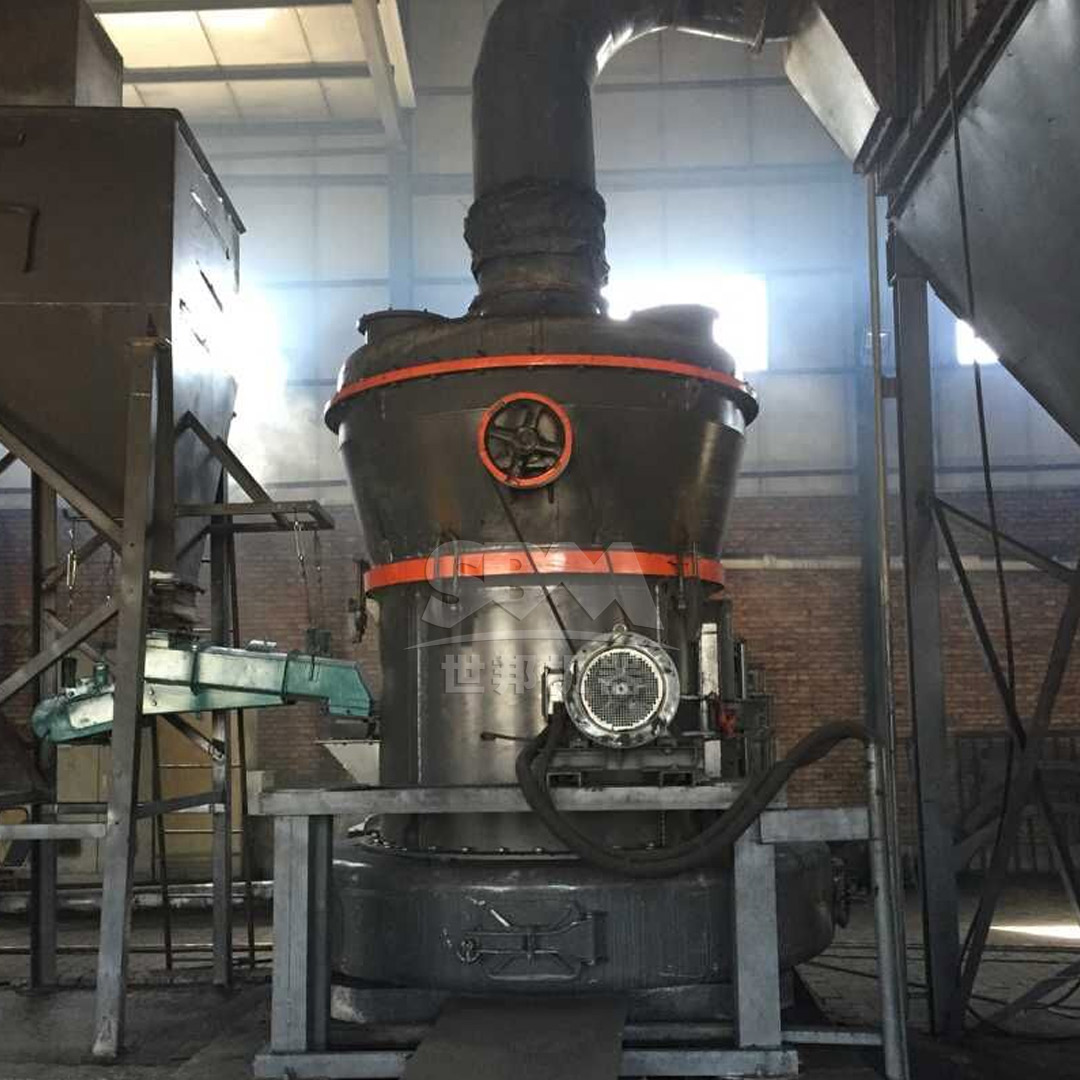Bentonite clay, a naturally occurring absorbent aluminum phyllosilicate, has become an essential component in modern waterproofing systems. Its unique swelling properties and low permeability make it ideal for creating impermeable barriers in construction, civil engineering, and environmental applications. The effectiveness of bentonite waterproofing solutions depends significantly on the quality of the processed clay, particularly its particle size distribution and purity. This is where advanced grinding technology plays a crucial role in transforming raw bentonite into high-performance waterproofing materials.
The waterproofing capability of bentonite is directly related to its particle size and surface area. Finer particles create more dense and uniform barriers when hydrated, resulting in superior impermeability. The grinding process must achieve precise particle size distributions to optimize swelling capacity and ensure consistent performance across various applications, including geosynthetic clay liners, bentonite sheets, and waterproofing compounds.

Processing bentonite presents unique challenges due to its moisture content, abrasiveness, and tendency to agglomerate. Traditional grinding methods often struggle with these characteristics, leading to inefficient processing, inconsistent product quality, and high energy consumption. Modern grinding mills must address these challenges through specialized designs that can handle bentonite’s specific properties while maintaining precise control over the final product specifications.
The transformation of raw bentonite into high-quality waterproofing material requires sophisticated grinding equipment capable of producing ultra-fine powders with consistent particle size distribution. Several types of grinding mills have been developed specifically for mineral processing applications, each offering unique advantages for bentonite treatment.
For premium waterproofing applications requiring the finest particle sizes, ultra-fine grinding mills deliver exceptional performance. Our SCM Ultrafine Mill represents the cutting edge in bentonite processing technology, capable of producing powders with fineness ranging from 325 to 2500 mesh (D97 ≤ 5μm). This level of fineness significantly enhances the swelling properties and barrier effectiveness of bentonite waterproofing products.
The SCM series features several technological advantages specifically beneficial for bentonite processing:
| Feature | Benefit for Bentonite Processing |
|---|---|
| High-precision classification | Ensures uniform particle size distribution |
| Energy efficiency | 30% lower energy consumption compared to jet mills |
| Durable construction | Special material rollers and grinding rings withstand abrasion |
| Environmental compliance | Pulse dust collection exceeds international standards |
With models ranging from SCM800 to SCM1680, processing capacities from 0.5 to 25 tons per hour, and main motor power from 75kW to 315kW, the SCM series offers scalable solutions for operations of all sizes.

For applications requiring slightly coarser particles or higher throughput rates, trapezium mills provide an excellent balance of performance and efficiency. The MTW Series Trapezium Mill processes bentonite to fineness levels between 30-325 mesh (up to 0.038mm) with capacities ranging from 3-45 tons per hour depending on the model.
Key features that make the MTW series ideal for bentonite processing include:
The MTW series includes multiple models with varying specifications to match different production requirements, from the compact MTW110 with 55kW main motor to the high-capacity MTW215G with 280kW power.
The journey from raw bentonite to premium waterproofing material involves multiple processing stages, each critical to achieving the desired product quality and performance characteristics.
Before grinding, raw bentonite undergoes preparation including drying to optimal moisture content, initial crushing to reduce particle size, and quality assessment to ensure consistency. Proper preparation significantly impacts the efficiency of the subsequent grinding process and the quality of the final product.
Modern grinding mills employ sophisticated control systems to optimize the grinding process for bentonite. Parameters such as feed rate, grinding pressure, classifier speed, and air flow are carefully controlled to achieve the target particle size distribution while maximizing energy efficiency and throughput.
Throughout the grinding process, samples are regularly tested for key quality indicators including particle size distribution, swelling index, viscosity, and moisture content. This continuous monitoring ensures consistent product quality and allows for immediate adjustments to processing parameters when necessary.

The finely ground bentonite produced by advanced grinding mills finds application in numerous waterproofing solutions, each leveraging the material’s unique properties to create effective moisture barriers.
GCLs consist of a layer of processed bentonite sandwiched between geotextiles or attached to a geomembrane. The ultra-fine bentonite particles create a seamless, self-healing barrier that swells when hydrated, effectively sealing cracks and gaps. The consistency achieved through precision grinding ensures uniform performance across the entire liner surface.
These prefabricated sheets contain high-quality bentonite powder that activates upon contact with water, forming an impermeable gel. The grinding process directly influences the activation speed and swelling capacity of these sheets, making particle size control critical to their performance.
For below-grade waterproofing applications, bentonite compounds are applied as slurries or mixed with other materials. The fine particle size achieved through grinding ensures complete coverage and maximum swelling potential, creating effective barriers against water penetration.
The advancement in grinding technology has not only improved product quality but also addressed important environmental and economic factors in bentonite processing.
Modern grinding mills like the SCM and MTW series incorporate energy-saving features that significantly reduce power consumption compared to traditional grinding equipment. This not only lowers operating costs but also reduces the environmental footprint of bentonite processing operations.
Advanced dust collection systems integrated into contemporary grinding mills effectively capture bentonite particles, minimizing workplace exposure and environmental emissions. Pulse dust collectors with efficiency exceeding international standards ensure compliance with stringent environmental regulations.
By producing highly effective waterproofing materials, processed bentonite contributes to water conservation in construction projects. Proper waterproofing prevents water infiltration, reducing the energy required for dewatering and minimizing the risk of water damage to structures.
The field of bentonite processing continues to evolve, with several emerging trends shaping the future of waterproofing material production.
The integration of IoT technology and artificial intelligence into grinding systems enables real-time optimization of processing parameters based on raw material characteristics and desired product specifications. This intelligent approach maximizes efficiency and consistency while reducing operator intervention.
Research continues into more sustainable bentonite processing methods, including reduced energy consumption, water recycling in processing operations, and the development of bio-based additives that enhance bentonite’s waterproofing properties while reducing environmental impact.
The future may see the development of advanced composite materials combining bentonite with other minerals or synthetic compounds to create waterproofing solutions with enhanced properties, such as improved mechanical strength, faster activation times, or longer service life.
The processing of bentonite clay through advanced grinding technology represents a critical step in producing high-performance waterproofing solutions. The precision and efficiency of modern grinding mills like the SCM Ultrafine Mill and MTW Series Trapezium Mill enable manufacturers to achieve the exact particle specifications required for optimal waterproofing performance. As technology continues to advance, we can expect further improvements in processing efficiency, product quality, and environmental sustainability, ensuring that bentonite remains a vital material in construction waterproofing applications for years to come.